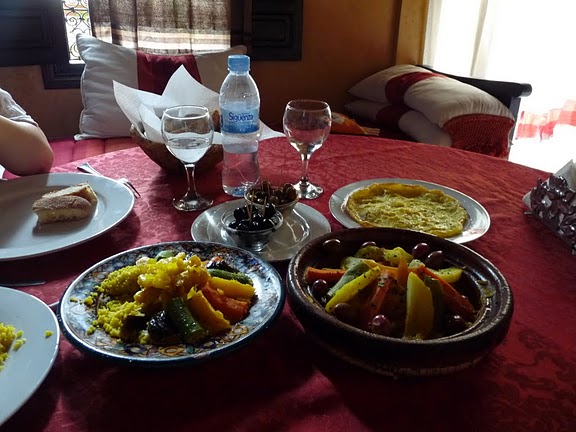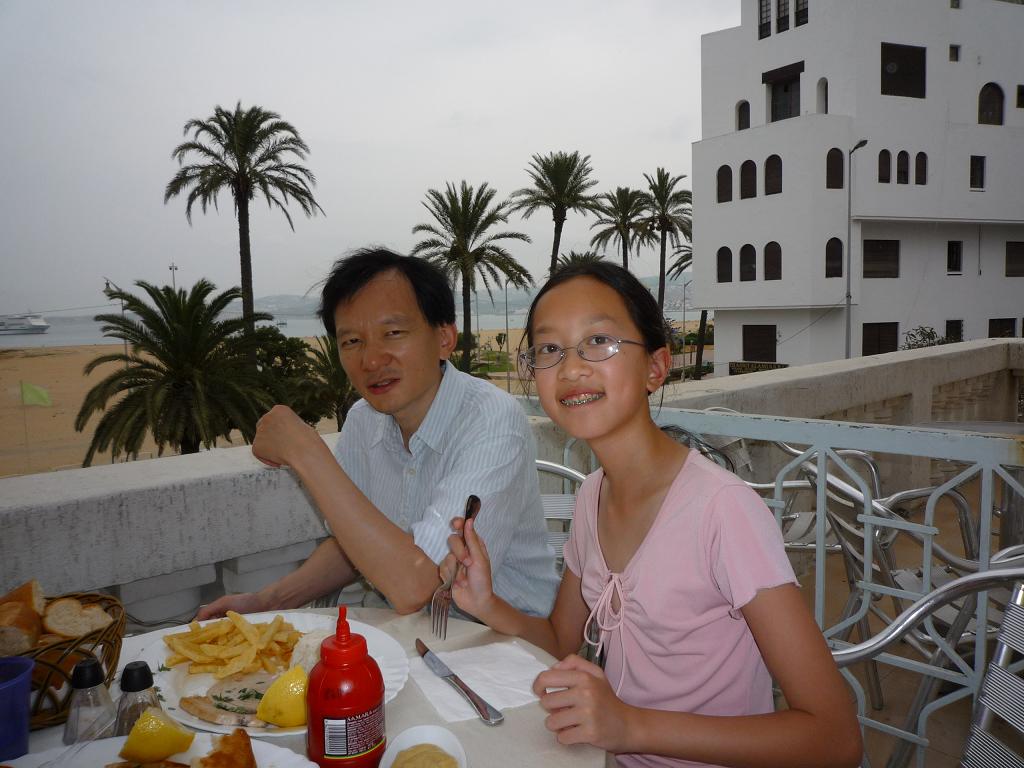Nuclear Power Plant’s Plan B Can Be Improved
I’m no nuclear scientist, and it is probably too early to have definitive information for what went wrong at Fukushima Dai-ichi nuclear power plant. From armchair guesstimation, I came up with this possible series of events that led us to the current state of affairs:
- The earthquake near Sendai disrupted the power grid in the Northeast region of Japan.
- The power generators automatically shut down for self-protection (they don’t want to generate power and keep it!).
- The nuclear generators automatically shut down, also for self-protection (the heat they generate was no longer needed by the turbines). This stopped the controlled chain reaction, but the radioactive fuel still generated some heat due to spontaneous radioactive decay.
- The back-up (diesel) generators started automatically, to keep the reactors cool.
- When the tsunami came, it knocked out the diesel generators.
- At this point, the backup batteries were pressed into service.
- About an hour later, the backup batteries were exhausted, and there were no more levels of backup.
Maybe Plan B often works out badly, causing the disasters we get to know. But they don’t have to.
In this case, it is apparent that the secondary backup system was started correctly, and the tertiary backup system was not destroyed or damaged, but rather run through its designed cycle. The problem is that the tertiary system was never designed to last many days while the primary and secondary systems were out of commission. (It’s also possible that the batteries were not even designed to power the cooling system.)
And why did the secondary system fail? After all, it was designed to run independently, without external resources, and it is apparent that the reactor buildings were not damaged by either the earthquake or tsunami. Here I venture a hypothesis. It failed because it did require an external resource after all, albeit one that was generally ubiquitous and plentiful.
You see, diesel is fossil fuel, and a diesel engine cannot run without air. And in a tsunami, the air intake would be inundated, smothering the engine. Furthermore, the seawater and debris would cause long term damage to the air intake and outlet systems.
This leads to the obvious solution: why don’t we design a completely independent and enclosed backup power generator system to run the cooling system? We can use the radioactive decay heat to run a small generator, which runs either a secondary cooling system or the main cooling system at a reduced level. This would not require any external resources, not even air, and therefore can be completely enclosed (a friend of mine relates the design to the generator in a nuclear-powered submarine). The only point where this system would fail is where there is no enough heat to run the generator, but the point is also one that relieves the necessity to run the secondary cooling system!
(Admittedly there is another possible failure mechanism for this design: if the surrounding environment is too hot—its definition depends in turn on the design of the cooling system—the backup turbine might not run, or the cooling system might not remove enough heat from the reactor. But if that happens, we have a much bigger problem on our hand than a runaway nuclear power plant.)
Nuclear Power Plant’s Plan B Can Be Improved Read More »








